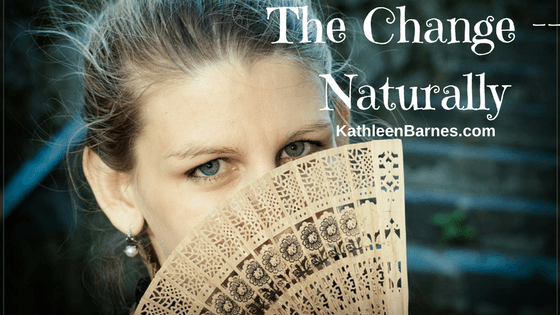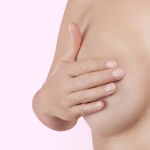Our mothers and grandmothers whispered the words, “The Change.” We could hear the capital letters. We could hear the dread in their voices. If we watched carefully, we could see the older women exchange knowing nods of sympathy and then quickly change the subject.
“The Change” was a deep dark mystery to these women, largely ignored by medical science.
Only with the advent of a generation of Baby Boomers who demand answers and results has menopause become the subject of popular discussion and increasing medical research.
In 2002, a large scientific study in the U.S. called the Women’s Health Initiative rocked the world of conventional medicine. The study showed that the equine-based estrogen and synthetic progesterone hormone replacement actually increased the risk of a heart attack by 27 percent and the risk of a stroke by 38 percent. Women taking these drugs more than doubled their risk of blood clots.
If that wasn’t bad enough, later results of the study released in 2004 showed that the drugs increased the risk of dementia and other neurological diseases by a stunning 105 percent. And the drugs increased the risk of Type 2 diabetes by 21 percent.
If you’ve suffered the common symptoms of menopause: annoying hot flashes, insomnia, night sweats, irritability, palpitations, headaches, joint pain and more you know how much you want your life to improve.
But you probably aren’t desperate enough to resort to drugs that can be so injurious to your health. Take heart! There are gentle natural ways to address the symptoms of perimenopause and menopause.
Here are a few of the most effective ones:
Black cohosh (cimecifuga racemosa): Since it is so broadly effective, black cohosh is the first herbal remedy most women try. Black cohosh has been shown to be very effective in stopping hot flashes, but it’s also been shown to relieve fatigue, insomnia, irritability, mood swings and night sweats. The recommended dosage is two 20-mg. capsulaes or tablets daily.
Vitex or chasteberry (Vitex agnus castus): Studies show chasteberry eases mood swings, relieves hot flashes, supports normal menstrual function , enhances skin health and helps balance pituitary function. Recommended dosage: 6 to 80 mg. per day in capsule form or 40 drops of liquid extract.
Red clover (trifolium pretense): This familiar flower found in pastures everywhere is a rich source of isoflavones similar to those found in soy without the negative estrogenic effects soy can have. It has been shown to help relieve hot flashes and may help with joint pain. Best of all, it helps protect against heart disease and osteoporosis. It may also be valuable in helping treat some types of non-hormonal cancers. Recommended dosage: 1 to 3 grams daily.
Bioidentical hormone replacement: These natural hormones, identical to those of a healthy 35-year old woman, are available only with a doctor’s prescription and formulated by specially trained pharmacists at compounding pharmacies. This form of hormone replacement has been scientifically proven to be safe and effective. Blood, saliva and urine tests will help your doctor determine the correct dosage.








You haven’t mentioned whether there are side effects to these natural herbal drugs, nor for what length of time they can be safely taken. Would you address these please?
Also, should one be under holistic medical or naturopath supervision while taking these herbs?
You should always consult with a qualified health care practitioner before adding anything to your supplement regimen. There are no known side effects from the herbs I have mentioned and many people take them for years at a time again, with the supervision of a medical practitioner.